The 30th Anniversary of the UN International Day of Older Persons was a bittersweet day for me. There was a wonderful event in Egypt, which took place at Galala International City on 1 October 2020, which was a great occasion to remember and celebrate our seniors. It was also a great opportunity to honour the selfless people who have given from their time, resources and energy to protect and improve the quality of the lives of seniors during the COVID-19 crisis.
Of course, I was thrilled to witness so many of Egypt’s living and deceased legends, military heroes, and humanitarians get some of the due respect and recognition that they deserve in their lives and beyond. I felt so overwhelmed by all the happy and smiling faces. I was even more thrilled to hear some of Egypt’s top experts on elderly discuss the issues that affect millions of Egyptians and people around the world who are over 65 years old. The best part of the event was the presentation of possible solutions for ensuring that ‘no one is left behind’.
Egypt Vision 2030 and our nation’s ambitious strategy to help our nation meet and surpass the UN Sustainable Development Goals is at the centre of all small or large efforts to empower and engage all segments of our society. The day brought back sad memories for me as it marked the fourth month since I had lost my father to COVID-19. I read the slogan, ‘We remember their love, even after they stop remembering’ on the website of an international Alzheimer’s association. These words really touched me because, for a number of years, I was the primary caregiver of my father, Samir Fahim Abdelhadi Elbassiouny as he suffered from Alzheimer’s disease and several other non-communicable diseases.
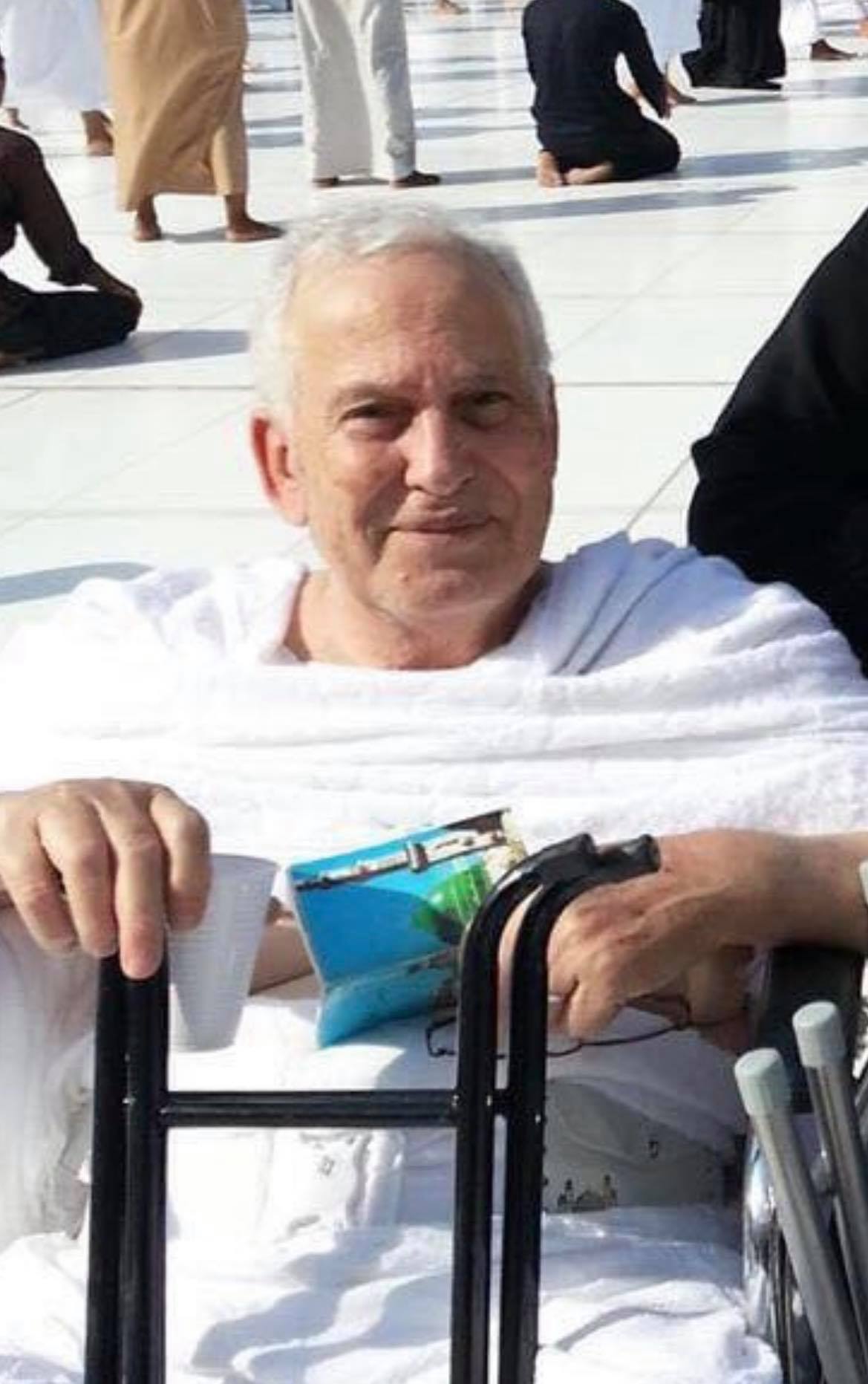
After a long battle with hypertension, prostate cancer, heart disease, strokes, and other health issues, I lost my father to COVID-19 on 1 June 2020. He was my hero – a symbol of strength and faith. He always managed to thank God and call God’s name whenever his pain was unbearable. His faith in God was unshakeable and he was a true patriot. He loved Egypt deeply and instilled a sincere love for our nation in us.
I remember the first time I looked into my father’s eyes and realized that something about him was different. It was as though time for him had stood still. He spoke about friends he knew decades ago and his father, who passed away over 45 years ago, as if he had just seen them. I would give anything to have more time with him. I would proudly and gladly have a hundred sleepless nights just to see his smile once more. His love was unlike any person I had ever known.
His love was unconditional beyond any other I had ever experienced. He taught me to put others’ needs above my own. He taught me this by being the best example. I cannot honour my father enough or give him his due credit for all the lives that he made a difference in. I heard so many stories after his passing about how he was there for so many people when they needed him most. My father never mentioned nor bragged about these humanitarian acts in his life, but it was God’s mercy to have me learn about them after his passing.
I used to videotape my father and keep a journal documenting all my father’s Alzheimer medical expenses on a daily basis. Now, as I watch those videos, in spite of the natural grief I feel, I can see how the disease progressed and how it changed his life and my life forever. I could see how his mood would shift so quickly from sadness and depression to anger and rage and then to happiness and restlessness. It was like witnessing the change of seasons and sometimes he would go through those different phases in the same day.
Alzheimer’s disease is nothing to be ashamed of as it’s like any other chronic illness. It’s no different than having diabetes, hypertension or any other NCD. It should not be a natural part of ageing, but far too many elderly people suffer from a form of mild to severe dementia and oftentimes Alzheimer’s disease. Alzheimer’s is a progressive disease, and dementia symptoms gradually worsen over time. In its early stages, patients suffer from mild memory loss but in the late-stage individuals’ ability to hold a conversation or to carry on simple daily tasks is severely affected and oftentimes those patients become completely dependent on their caregivers. The cost of providing quality care for an Alzheimer’s patient is so high and for most people is completely unaffordable.
Although my father suffered from some common symptoms of ageing, a number of NCDs and Alzheimer’s disease, he never lost his sense of humour. At his core, he was the same man who lovingly raised four children and two stepchildren. He was the same man who constantly declared his timeless love for his spouse, Sawsan.
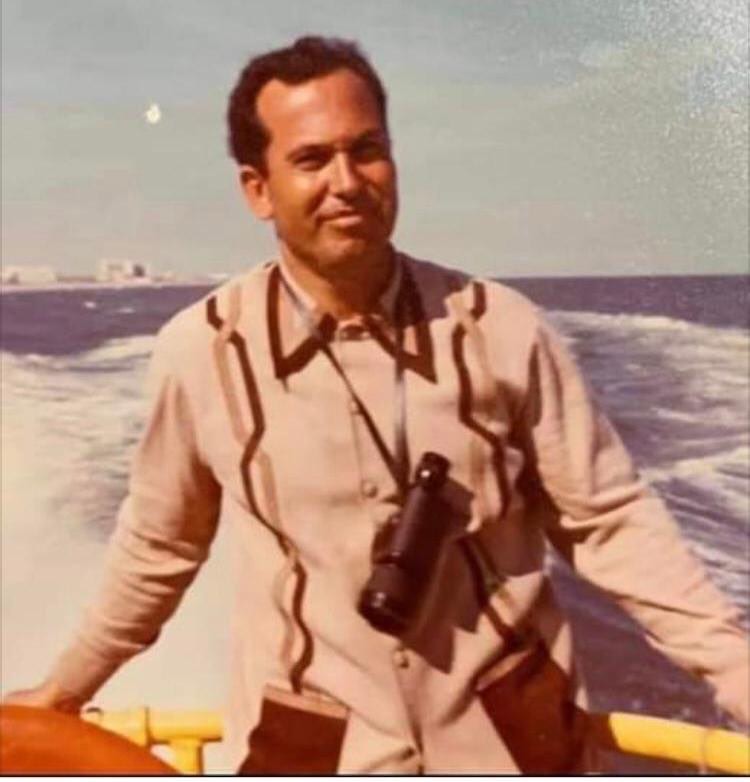
I am sharing this story for a number of reasons. First and foremost, I want to memorialize my father and his beautiful spirit and show the world who he truly was. Secondly, I want to share my experience to show people that having Alzheimer’s disease, or a loved one with Alzheimer’s disease, is nothing to be ashamed of. In many cases, the changes we see in ourselves and in our loved ones are a direct result of the disease and its strong effect on the mind. Even the behaviours that are completely out of character are not the fault of those suffering from Alzheimer’s. It’s a direct sign that the disease has taken over.
I’d like to send a clear message to all my friends who are running for political offices and who are currently government officials, public figures and successful businessmen: please put Alzheimer’s on the agenda. Please invest in finding a cure for Alzheimer’s. Please support the current efforts to support Alzheimer’s patients and their caregivers. Please give your money, time, and political power to provide solutions for the millions of people directly affected. The percentage of elderly people in our society is quickly increasing simply because people are living longer. This longevity carries a hefty price tag. The number of people living with one form of dementia or another including, the most common form, Alzheimer’s is also increasing.
We need to improve the quality of lives for our elderly. We need to provide better access to quality healthcare and mental health support for our elderly. We need to ensure that their social and economic needs are met. We need to raise awareness among healthcare professionals and the general public about this life altering disease. We need to support our healthcare and family members who work directly with the elderly and provide them with the training and resources they need to properly care for them. We need to invest in more research to find the cause and cure for Alzheimer’s disease before the situation becomes too critical to manage.
This is our responsibility as a great nation and as such, we cannot forget the Samirs in our communities who have contributed so much to defend and develop our nation when they need us the most. Our efforts today may directly result in us getting the care we deserve, if that time comes when one of us becomes the patient instead of the advocate.
*The opinions and ideas expressed in this article do not reflect the views of Egyptian Streets’ editorial team any other institution with which they are affiliated. To submit an opinion article, please check out our submission guidelines here.
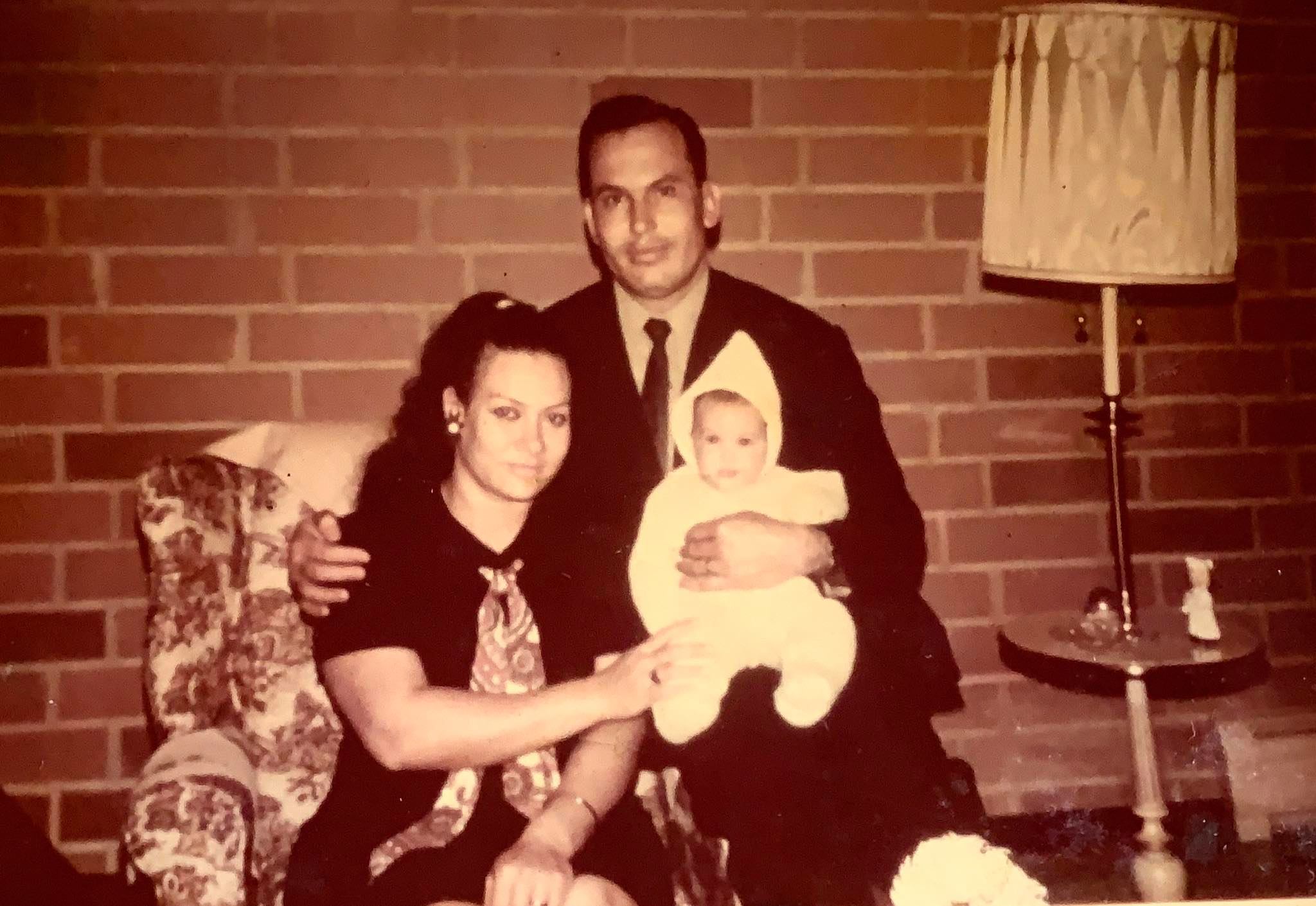



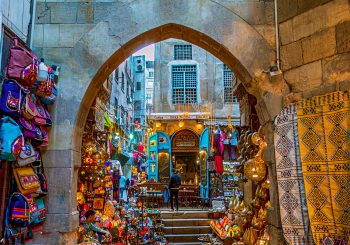
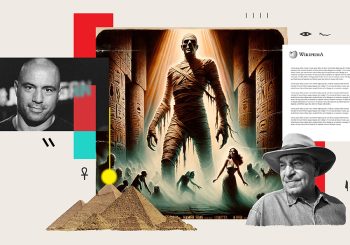

Comment (1)
[…] Go to News Source […]